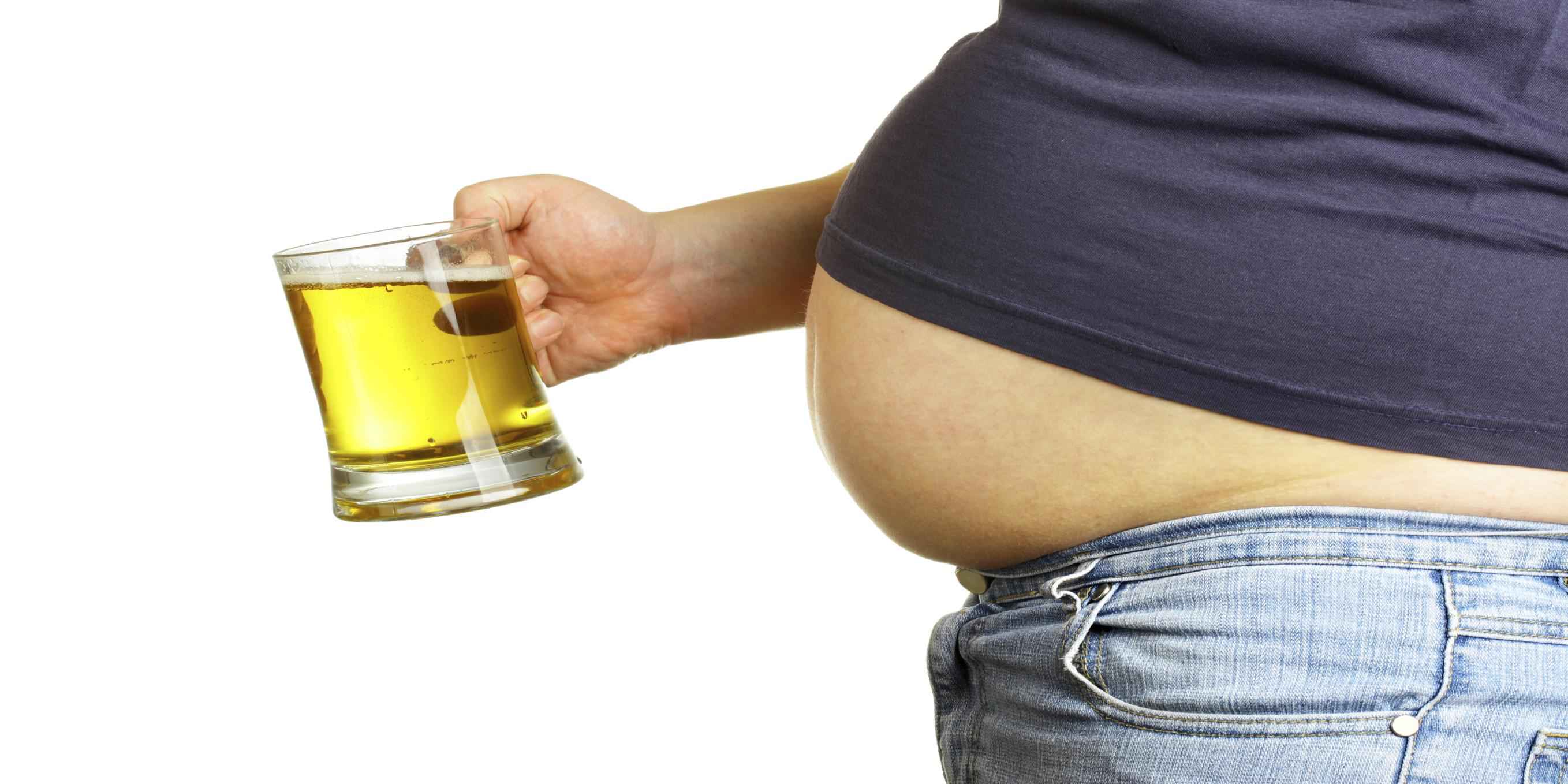Alcohol and weight gain
Will drinking alcohol make you gain weight? The answer isn't as straightforward as you may think.

The Foundation for Alcohol Research and Education (FARE) conducted a research on alcohol and obesity and found that:
- It is unclear whether alcohol consumption is a risk factor for weight gain because studies performed to date have found positive, negative or no association.
- Where there is a positive association between alcohol and body weight it is more likely to be found in men than in women.
- The present data provide inadequate scientific evidence to assess whether beer intake is associated with general or abdominal obesity.
- When considering beer, where there is a positive association, it is more likely to be for abdominal obesity (abdominal fat around the stomach) than for general obesity for men and women.
So yes, it's possible to gain weight from alcohol, but it's not inevitable.
Whether or not you personally gain weight from drinking alcohol depends on many factors. These include:
- your behaviours when you drink
- what you drink
- how often you drink
- how much you drink
- what you eat when you drink
- factors that relate to your unique body and lifestyle
- your overall diet
- your genetics
- your gender
- your level of physical activity
- your age
- your health -- for example the presence of other risk factors such as obesity and diabetes.
But remember, drinking alcohol- particularly in excessive amounts - has many other serious health risks beyond possible weight gain, including high blood pressure,heart disease, liver disease, and some cancers. So it's important to monitor your alcohol consumption as part of a healthy diet, regardless of whether or not you're managing your weight.
While the relationship between alcohol consumption and obesity remains unclear, there are good reasons to think that alcohol may play a role:
- It stops your body from burning fat.
- It is high in kilojoules.
- It leads to greater hunger and less satiety (the feeling of being full).
- It causes poor food choices

